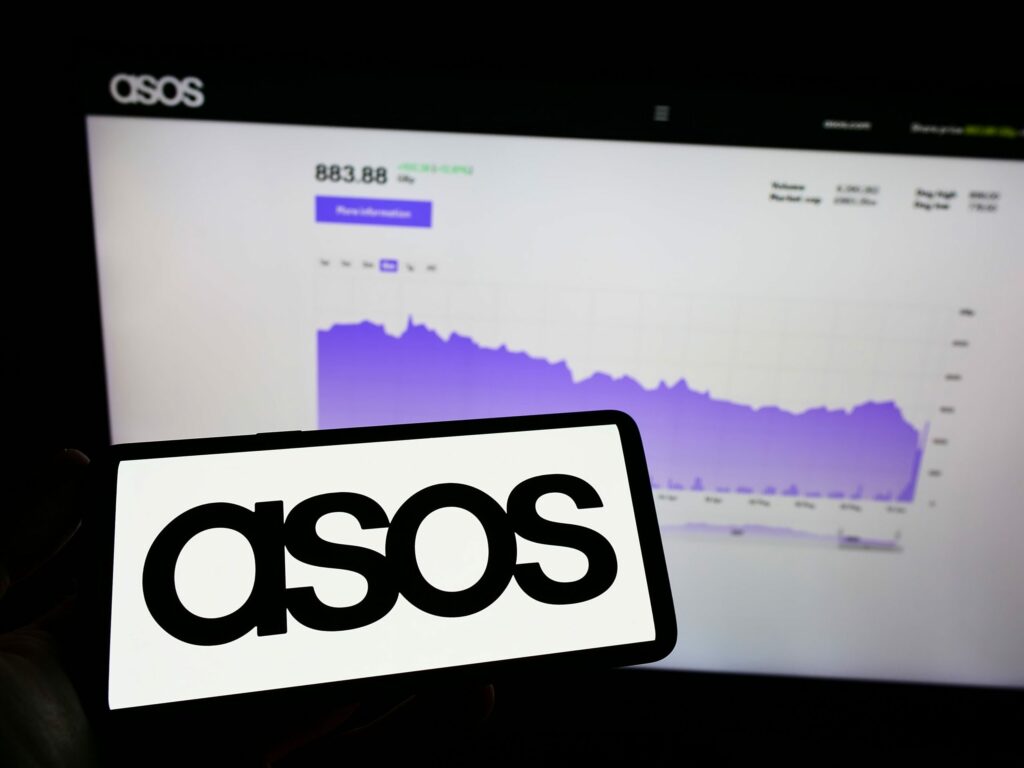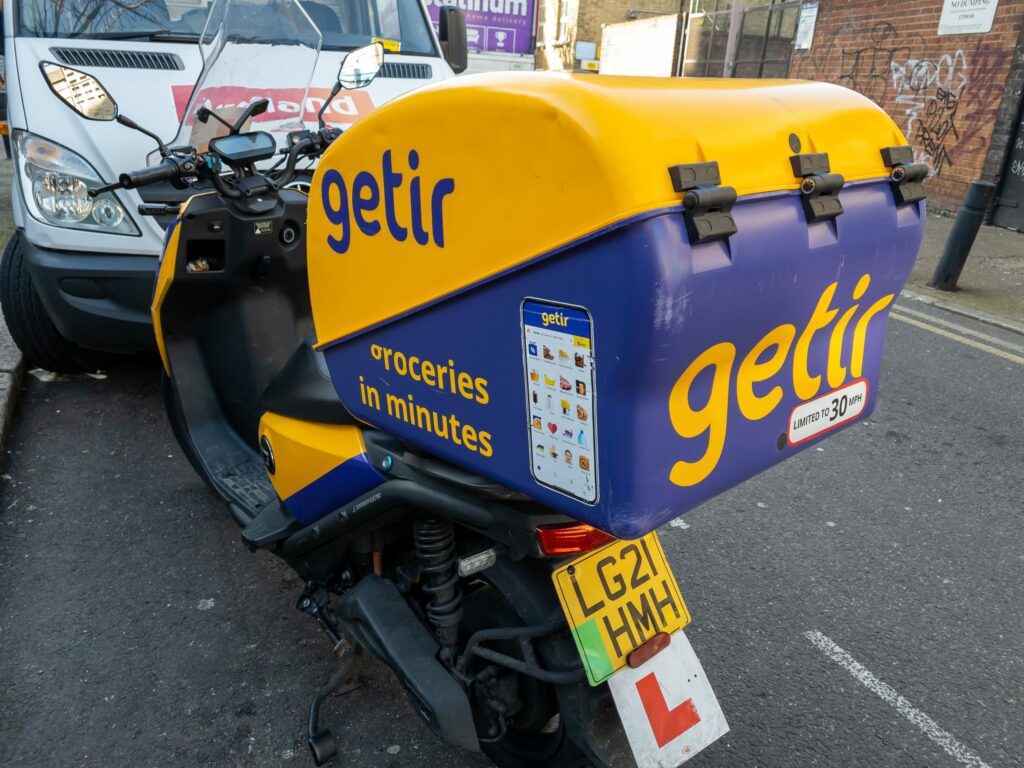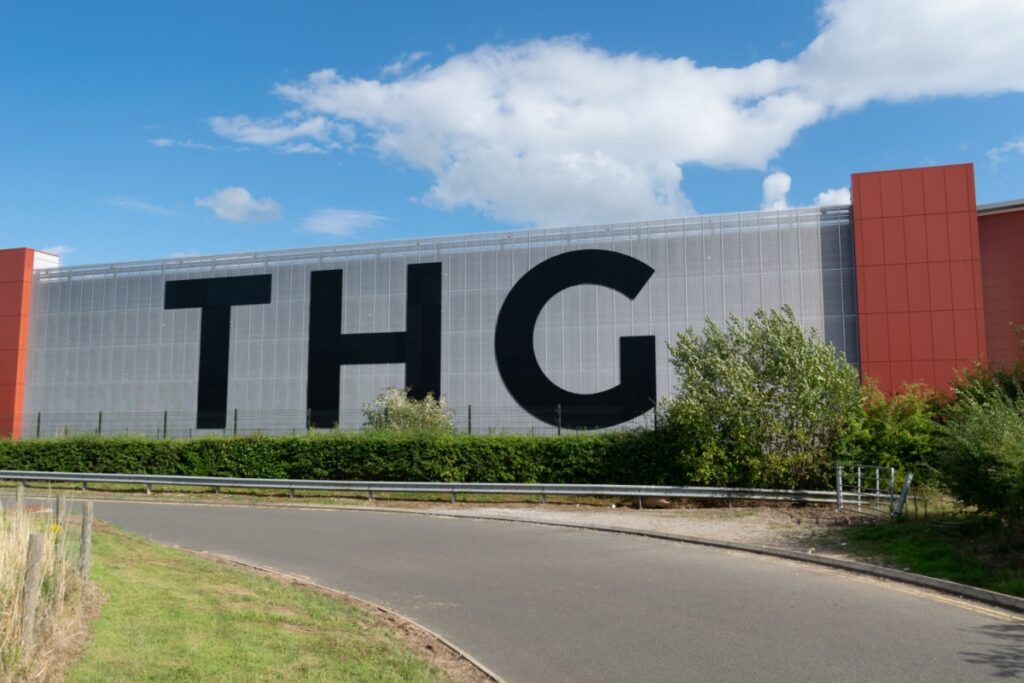There is no doubt that Black Friday is an opportunity for retailers to drive sales and acquire and retain new customers in the lead-up to the peak Christmas trading season.
However, with the Covid-19 pandemic presenting a real challenge to the sector this year, it’s not yet certain whether or how many UK retailers are close to drawing a line through the shopping holiday event.
On the other side of the world, China’s Singles Day has crept up to becoming one of the biggest events on the retail calendar in recent years. Black Friday on the other hand, has failed to make significant in-store sales in recent years – in the UK, at least.

If anything, Black Friday’s popularity lies primarily in the US, and its lack of interest among British customers – at least in the high street context – is often the subject of online jokes. The shopping holiday began in the early 1950s and traditionally takes place the day after Thanksgiving Day – an event that’s not even celebrated on this side of the Atlantic.
Meanwhile, Singles Day takes place on November 11 each year, and began as a celebration for single people in China back in the 1990s. It became a major commercial event in China in 2009 when Alibaba offered deeply discounted merchandise on its platform for 24 hours.
Retailers may find it difficult to blame declining sales and profits on the pandemic this year. Black Friday 2019 also failed to charm the sector after sales fell 0.6 per cent during November last year, the ONS reported.

Despite being synonymous with chaotic scenes of shoppers storming into shops the moment they open in a bid to take advantage of the massive discounts, in the UK, the High Street Sales Tracker from BDO recorded that in-store sales declined by 1.9 per cent year-on-year in November 2019 from an already negative base of -2.6 per cent.
However, where it lacks in-store chaos and discount mania on high streets across the UK, it makes up for it online. IMRG-Capgemini’s Online Retail Index found online sales increased in November 2019 by 54 per cent from October, marking the highest sales growth in 18 months thanks to Black Friday.
And with the pandemic prompting a huge shift towards online shopping, retailers may be gearing up this year by improving their online channels for Black Friday. Especially as England, which comprises around 85 per cent of the UK’s total population, would still be in lockdown at the time with non-essential shops temporarily shut.

The BRC-KMPG Retail Sales Monitor revealed in September this year that retail sales jumped higher in August as shoppers spent more money online – but city centre shops have seen their struggles continue.
BRC chief executive Helen Dickinson said at the time that high levels of home working continued to drive growth in online sales. With office workers expected to continue working from home for the rest of 2020, this increases the chances of retailers banking on a Black Friday sale drive.
However, it’s important to highlight that last year’s Singles Day in China generated $38 billion (£28.5 billion) in sales compared with $17 billion (£12.7 billion) on Black Friday and Cyber Monday combined.

Arguably, the Chinese market is more advanced. In 2019, Alibaba reported that over 90 per cent of sales were done on mobile. China’s WeChat offers an in-app shopping experience where users can search, order, pay and track fulfilment entirely within the app. UK retailers are perhaps still in their infancy when it comes to offering an advanced, friction-free shopping experience.
“Although it remains uncertain how the pandemic will impact the success of Asia’s one-day shopping extravaganza this year, UK retailers should take stock of how best to prepare for the huge influx in traffic and sales,” said Suzin Wold, senior vice president of marketing at tech company Bazaarvoice.
“Ecommerce retailers have a big opportunity to welcome more customers this year”
“Singles’ Day typically eclipses Black Friday from a sales volume perspective.
“Thinking ahead by preparing shoppable social content for channels like Facebook and Instagram, considering partnering with influencers to promote products on social, and optimising websites for mobile will make the buying experience even more seamless for customers.”
Simon Geale, senior vice president for client solutions at business management consultancy Proxima, said Singles Day has gone from strength to strength in China and that it has been interesting to see some of the approaches to customer acquisition in the market.
“Singles Day is approached more strategically, even with a growth lens, rather than just a day to sell stock for low margins,” he told Retail Gazette.
Meanwhile, David Grimes, chief executive of delivery experience platform Sorted, argued that UK retailers should “shadow” how Chinese retailers organise stock well in advance and register consumer interest.
“To prepare for Singles Day, Chinese retailers have advanced knowledge of what would be sold, with the functionality existing to facilitate flash sales,” he explained.
David Ringer, managing director of loyalty card app Stocard, argued that Black Friday has the potential to “reinvigorate” the high street at a time when many retailers are struggling with the impact of various Covid-19 restrictions across the country.
However, Jake Athey, the vice president of marketing software company Widen, said retailers needed to be cautious.
“If a retailer offers extended discount periods in the run-up to and after the Black Friday event, they will start to detract away from the shopping holiday, and instead, prompt their customers to question when the best time to buy is,” he said.
“Customers might miss out on buying from a certain retailer early on, but they will end up buying it from a competitor in a post-Black Friday sale.”
Despite this, Athey argued that retailers should not solely focus on discounts. Instead, they should offer alternative incentives such as free shipping, money off vouchers for future purchases, and even participation in events such as Green Friday or Small Business Day.
For retailers that previously relied on flagship in-store deals to drive footfall, it is now more important to have an multichannel strategy. Whether consumers are browsing products via a brand’s website or on its social media feed, consumers will inevitably want a seamless shopping experience.
Meanwhile, retailers will need to reinvent the role of their stores to best capitalise on online demand – especially since Covid-19 continues to fuel online sales growth worldwide. Retailers should also be identifying which stores can be used to help with fulfilment of online orders, especially in the current golden quarter.
“We are going to see an increase in people going to the big players like Google and Amazon”
“Online and ecommerce stores have a bigger opportunity to welcome in more customers this year, reflecting the shifting behaviour of 2020 and ongoing situation concerning the pandemic,” said Mike Austin, chief executive of personalisation platform Fresh Relevance.
“Consumers will be prioritising safety, convenience and value for money this year – and online certainly provides a way to avoid queues and crowds.”
Liam Patterson, chief executive of Google Shopping platform Bidnamic, told Retail Gazette that “price-sensitive” consumers were likely to be drawn to discounts because of the lockdowns and wider threats to the economy, particularly the growing loss of jobs.
“We are going to see an increase in people going to the big players like Google and Amazon to find the best deals and savings so retailers need to ensure the deals they’re offering are genuine,” he said.
“As long as retailers are willing to reduce the standard RRP, there will be a huge demand in online Black Friday sales.”
Ultimately, whether online or in store, providing a targeted and positive experience to the customer and being able to meet their needs will be critical in driving sales and revenue this Black Friday.
As the festive shopping period gets underway, retailers are coming to grips with how much consumer behaviours have changed in the last eight or so months. Retailers need to operate with the mentality that the recent changes in shopping behaviours may not be temporary.
There’s no doubt that Covid-19 will have an impact on Black Friday. To succeed, retailers must recognise their customers’ shifting shopping behaviours and preferences, and adjust their operations accordingly.
Click here to sign up to Retail Gazette’s free daily email newsletter


















